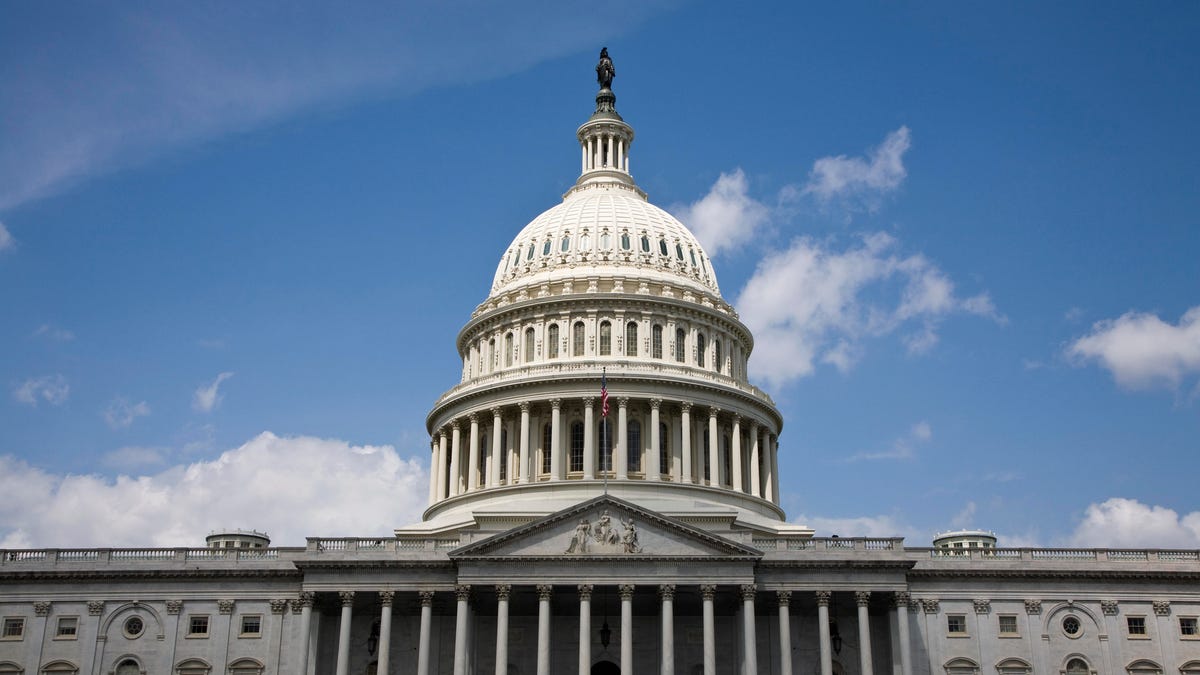House Advances Federal Privacy Legislation
The bill, a breakthrough after years of negotiations, would finally provide nationwide privacy protections for consumers, dictating how companies can collect, store and use their personal data.

A long-awaited federal data privacy bill cleared a major legislative hurdle on Wednesday as a House committee voted to advance it.
The House Energy and Commerce Committee voted 53-2 on a bipartisan basis to advance the American Data Privacy and Protection Act (ADPPA) to the full House of Representatives for a vote. This is a significant step forward for legislation that has taken years of negotiation between Democrats and Republicans to codify federal data privacy protections for consumers. But the bill still faces a long road ahead as key Democrats in the Senate have voiced opposition to key provisions.
One of the biggest sticking points for the bill is a provision that overrides states' privacy laws. This is a big concern for several California lawmakers, who say the bill would gut California's state law, which is the strongest data privacy law in the US.
"I recognize that this law would be an improvement for much of the country, but I can't say the same for my constituents and all Californians," Rep. Anna Eshoo, a Democrat from California, said in a statement. Eshoo and a fellow California Democrat, Rep. Nanette Diaz Barragán, were the only two to vote against the bill in committee.
For decades, Congress has tried and failed to pass a comprehensive consumer data privacy law. This bill is considered a breakthrough in the effort to finally provide a national standard on what data companies can gather from individuals and how they can use it. The legislation would affect almost every industry, but it would particularly affect Big Tech companies, like Amazon, Apple, Google and Meta, Facebook's parent, which have built their businesses on data collection, and the subsequent monetization through targeted advertising, of user information. This law is seen as one way Congress is attempting to rein in the power and influence of these companies.
In order to get bipartisan support, Democrats had to agree to a compromise that would allow the federal privacy law to override most state privacy laws. But in a nod to California, this version of the bill will give the newly formed privacy regulator in California a role in enforcing the federal privacy law.
Republicans also compromised by agreeing to allow individuals to sue companies under certain circumstances for mishandling of private data. This version of the bill makes this "private right of action" available to consumers two years after the law is passed, a reduction from the four years stated in a previous version of the bill.
In addition to the state preemption and private right of action, the House committee changed the language around protections for children. While the proposal still bans targeted ads to children using information gathered about those under 17, this version of the bill makes it harder for large companies to say they didn't know the user's age. The legislation also makes the Federal Trade Commission the enforcer of privacy regulation, largely cutting out the Federal Communications Commission, which until the repeal of net neutrality protections in 2017 had some authority to police consumer privacy concerns on communications networks.
While the ranking Republican on the Senate Commerce Committee, Roger Wicker of Mississippi, supports the legislation, the Democratic chair of the committee Sen. Maria Cantwell of Washington, publicly opposed the bill when the draft was released in June.
Her office did not immediately respond to a request for comment.
But without her support, the bill has no chance of advancing in the Senate.
Lawmakers are also running out of time to craft a deal that will satisfy Cantwell and other key Democrats as lawmakers soon break for the August recess. Passage of legislation after the summer break, with a midterm election in November, will be tricky, even with bipartisan support.

